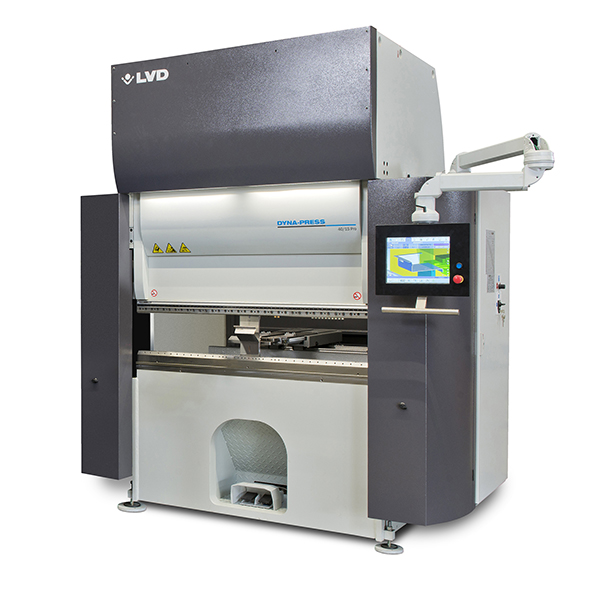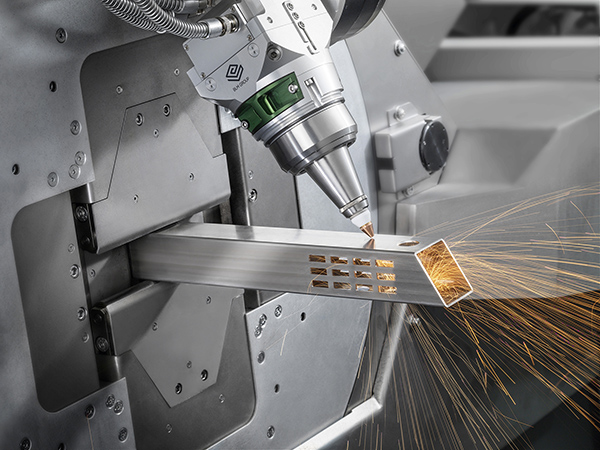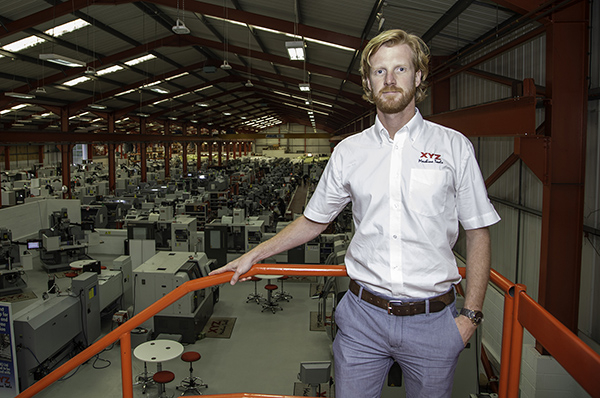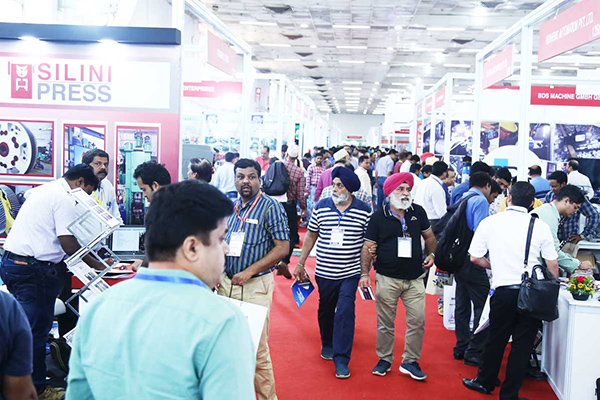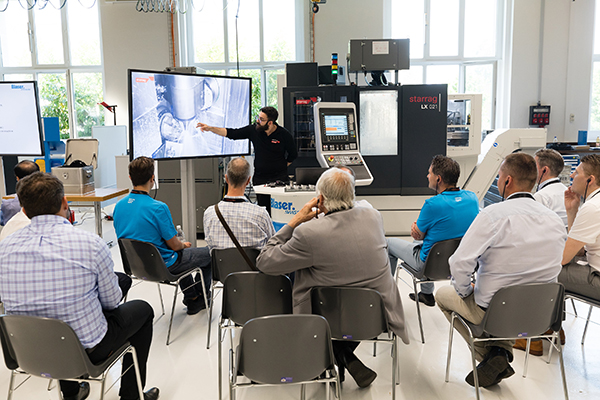LVD has added the Dyna-Press 40/15 Pro to its Dyna-Press Series of high-speed electric-drive press brakes.

The 40-tonne press brake features a 1500 mm working length and a five-axis backgauge, and can bend at speeds of up to 25 mm/sec to generate more parts per hour at a lower cost per part. Dyna-Press 40/15 Pro can be combined with an industrial robot to create a compact, high-speed bending cell (Dyna-Cell) for automated bending operations.
The Dyna-Press electric ram offers a smooth transition from approach to working speed and minimises power consumption through the use of an optimal power to inertia motor ratio. Of note, the coupling between the ram and the servomotors is made using two heavy-duty ball screws to distribute force and tonnage evenly over the working length. As a result, the press brake provides fast, energy-efficient operation across a
range of bending jobs.
Dyna-Press 40/15 Pro is equipped with a five-axis backgauge which provides consistent and repeatable accuracy. The press brake uses vertical removal type tooling for the simple and quick changeovers, even of heavy tools.
LVD ensures a comfortable and safety-conscious environment for the operator. Like other Dyna-Press models, the newest Dyna-Press can be operated in a seated or standing position. The IRIS Lazer Safe guarding system provides an added measure of security.
Dyna-Press 40/15 Pro is easy to operate with minimal training. The 15” Touch-B touchscreen control features an intuitive graphical display and offers additional functionality by enabling the operator to create and simulate 3D designs at the control. Importantly, the controller is compatible with LVD’s CAM software, CADMAN-B.
Dyna-Press 40/15 Pro features a 400 mm opening height and a 200 mm stroke.
For further information www.lvdgroup.com






